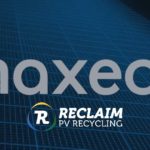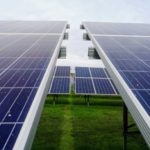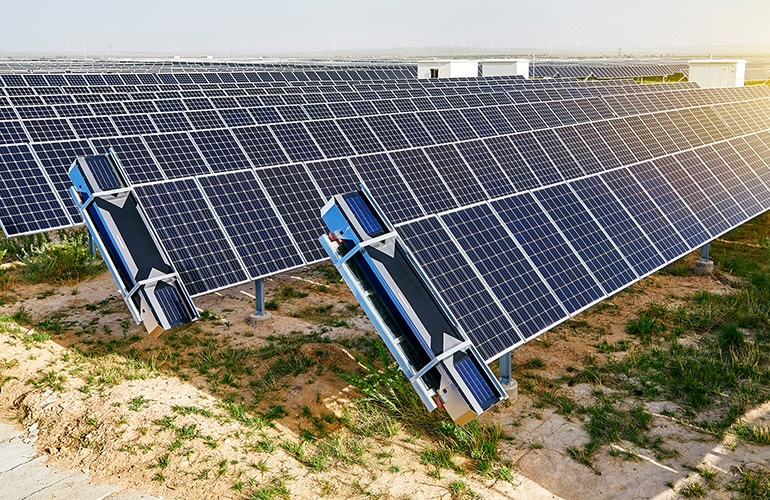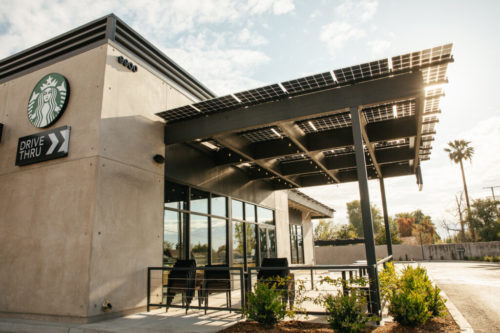DOE nails down 5-year plan to establish safe handling of end-of-life solar PV materials
The U.S. Department of Energy released an action plan to enable the safe and responsible handling of solar PV end-of-life (EOL) materials. The activities outlined in the plan will reduce the environmental impact of solar energy while supporting the Biden Administration’s goal to decarbonize the electricity grid by 2035.
 Although 95% of a PV module is recyclable, the current economics of EOL handling are unfavorable to recycling. The cost to recycle PV modules is significantly higher than the landfill fee. Establishing safe, responsible, and economic EOL practices will support greater deployment of solar energy.
Although 95% of a PV module is recyclable, the current economics of EOL handling are unfavorable to recycling. The cost to recycle PV modules is significantly higher than the landfill fee. Establishing safe, responsible, and economic EOL practices will support greater deployment of solar energy.
“As we accelerate deployment of photovoltaic systems, we must also recognize the pressing need to address end-of-life for the materials in a sustainable way,” said Kelly Speakes-Backman, Principal Deputy Assistant Secretary for the Office of Energy Efficiency and Renewable Energy at the U.S. Department of Energy. “We are committed to ensuring that the recovery, reuse, recycling, and disposal of these systems and their components are accessible, low-cost and have minimal environmental impact.”
Recycling should become standard practice to facilitate domestic material availability, according to DOE’s recent assessment of the solar PV supply chain. Actions taken now will improve the likelihood that supporting technologies will be developed to handle PV EOL volumes safely, responsibly, and economically, allowing for greater deployment and safe and socially responsible supply chains.
 Under the strategy laid out today, the DOE Solar Energy Technologies Office (SETO) plans to address PV EOL issues through stakeholder outreach activities, data gathering, research, and analysis. SETO aims to better understand the state of EOL through the development of a database that tracks the materials, quantity, age, location, cause of EOL, and EOL handling for modules. This is established through a five-year plan.
Under the strategy laid out today, the DOE Solar Energy Technologies Office (SETO) plans to address PV EOL issues through stakeholder outreach activities, data gathering, research, and analysis. SETO aims to better understand the state of EOL through the development of a database that tracks the materials, quantity, age, location, cause of EOL, and EOL handling for modules. This is established through a five-year plan.
In addition, SETO will support hardware research to reduce the environmental impacts of EOL and reduce the cost of module recycling by more than half by 2030.
Learn more about SETO projects to develop new materials and designs that can make PV products longer-lasting, less energy-intensive to produce, easier to recycle, and less polluting at the end of life.
<!–
–>
Original Source: https://www.solarpowerworldonline.com/2022/03/doe-nails-down-5-year-plan-to-establish-safe-handling-of-end-of-life-solar-pv-materials/













